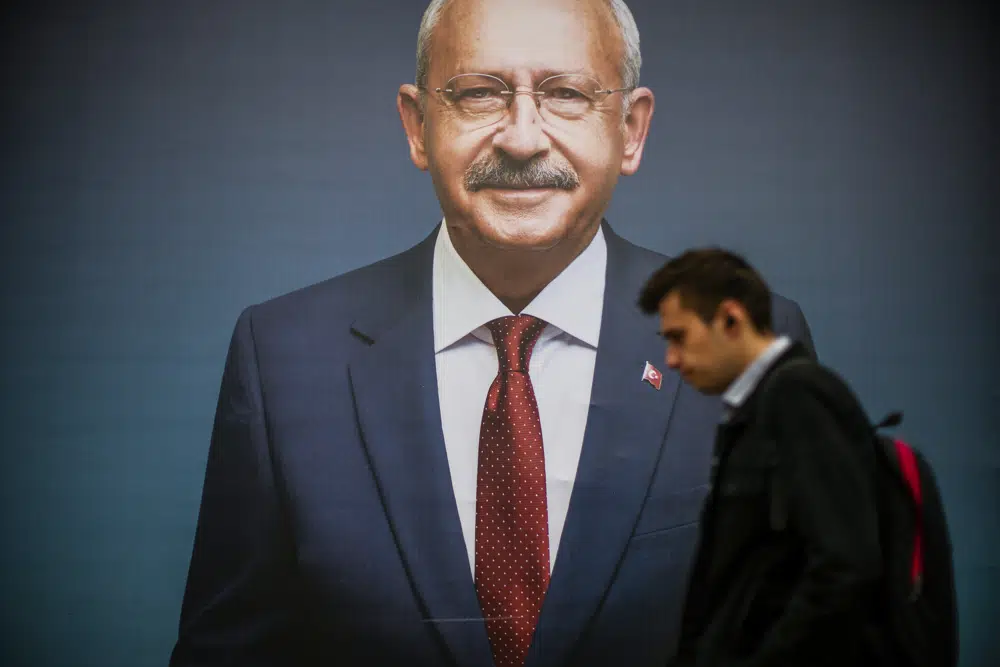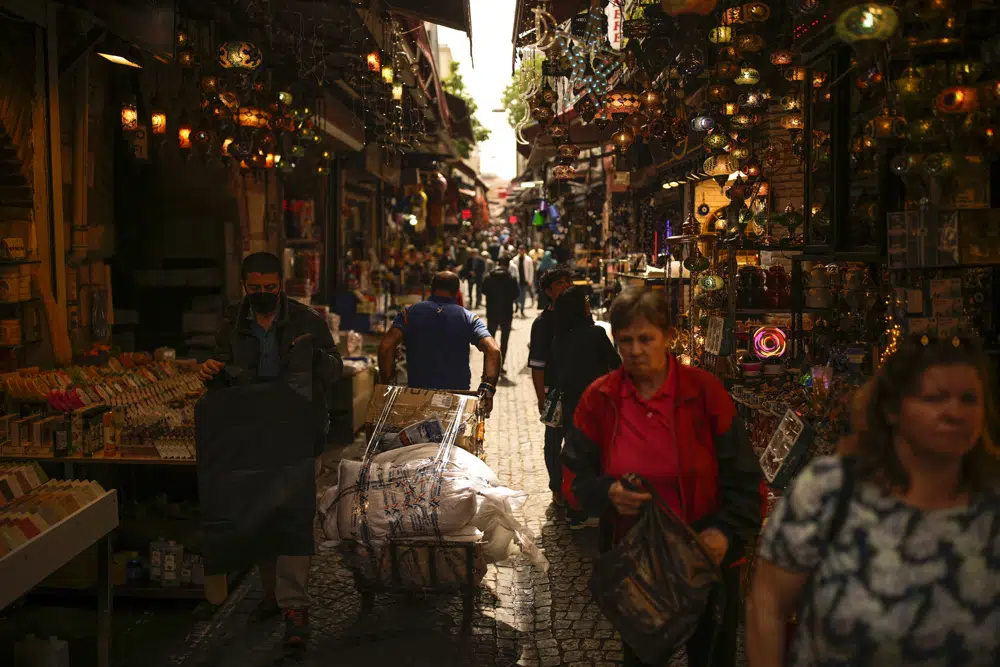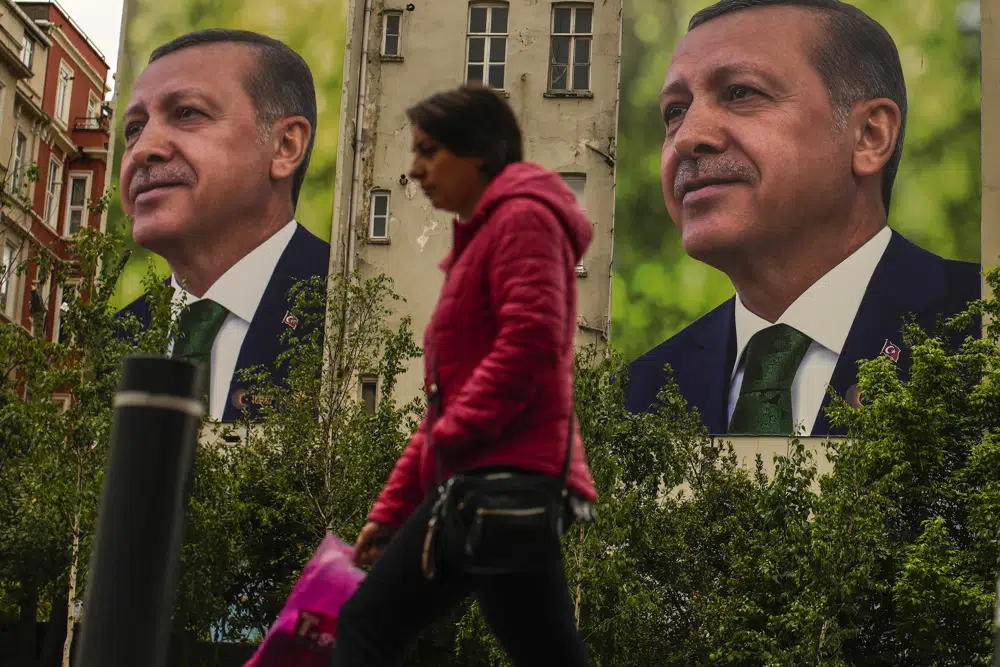Turkish voters are gearing up for a crucial presidential runoff in two weeks, where they will decide the future of their country amidst sky-high inflation, NATO expansion, and Middle East dynamics. The May 28 election will determine whether the conservative President Recep Tayyip Erdogan, known for his increasingly authoritarian rule, will extend his grip on power into a third decade or if Kemal Kilicdaroglu, his main rival, can steer Turkey toward a more democratic path.
Erdogan’s divisive campaign has been marked by his nationalist rhetoric, accusing Kilicdaroglu, who received support from the pro-Kurdish party, of colluding with “terrorists” and advocating for “deviant” LGBTQ rights. As a devout leader in a predominantly Muslim country founded on secular principles, Erdogan has leveraged his anti-LGBTQ stance to rally conservative voters and court support from Islamists.

To address the concerns of voters burdened by inflation, Erdogan implemented measures such as wage and pension increases, subsidies for utilities, and the showcasing of Turkey’s defense industry and infrastructure projects. Despite these efforts, the results of Sunday’s election indicate a divided electorate, with Erdogan’s ruling party securing strong support from Turkey’s conservative heartland while Kilicdaroglu’s opposition party prevailed in coastal provinces.
Kilicdaroglu, the leader of the pro-secular main opposition, campaigned on promises to reverse crackdowns on free speech, tackle democratic backsliding, and revive the economy plagued by high inflation and currency devaluation. While official statistics suggest a decrease in inflation, independent experts argue that the figures are significantly higher.
The runoff election has significant implications not only for Turkey but also for Western nations and foreign investors. Erdogan’s unorthodox economic leadership and his influential role in major diplomatic negotiations have attracted international attention. Despite facing challenges due to the cost-of-living crisis and criticism over the government’s response to a devastating earthquake, Erdogan’s alliance retained its hold on parliament, positioning him favorably for the upcoming second round.

With uncertainty prevailing over the future of the 3.4 million Syrian refugees temporarily protected by Turkey, the candidates’ differing positions on refugee policies have been in the spotlight. While Kilicdaroglu and Ogan campaigned for sending Syrians back to their war-torn homeland, citing economic burdens, Erdogan has used the refugee issue as leverage in negotiations with Europe. Relations between Turkey and Syria’s President Bashar Assad have been improving after years of hostility.
In a tweet, Erdogan celebrated the initial election results as both a personal victory and a validation of the nation’s trust. While falling short of an outright win, he expressed respect for the outcome and pledged to seek votes from people across the political spectrum. Kilicdaroglu, on the other hand, remained defiant, urging supporters not to despair and expressing confidence in a collective victory.
As Turkey braces for the second round of elections, the path forward remains uncertain. Erdogan’s grip on power, the state of Turkish democracy, and the country’s standing on the international stage hang in the balance. The outcome will shape Turkey’s future trajectory, including its approach to LGBTQ rights, democratic values, and regional dynamics in the Middle East.

